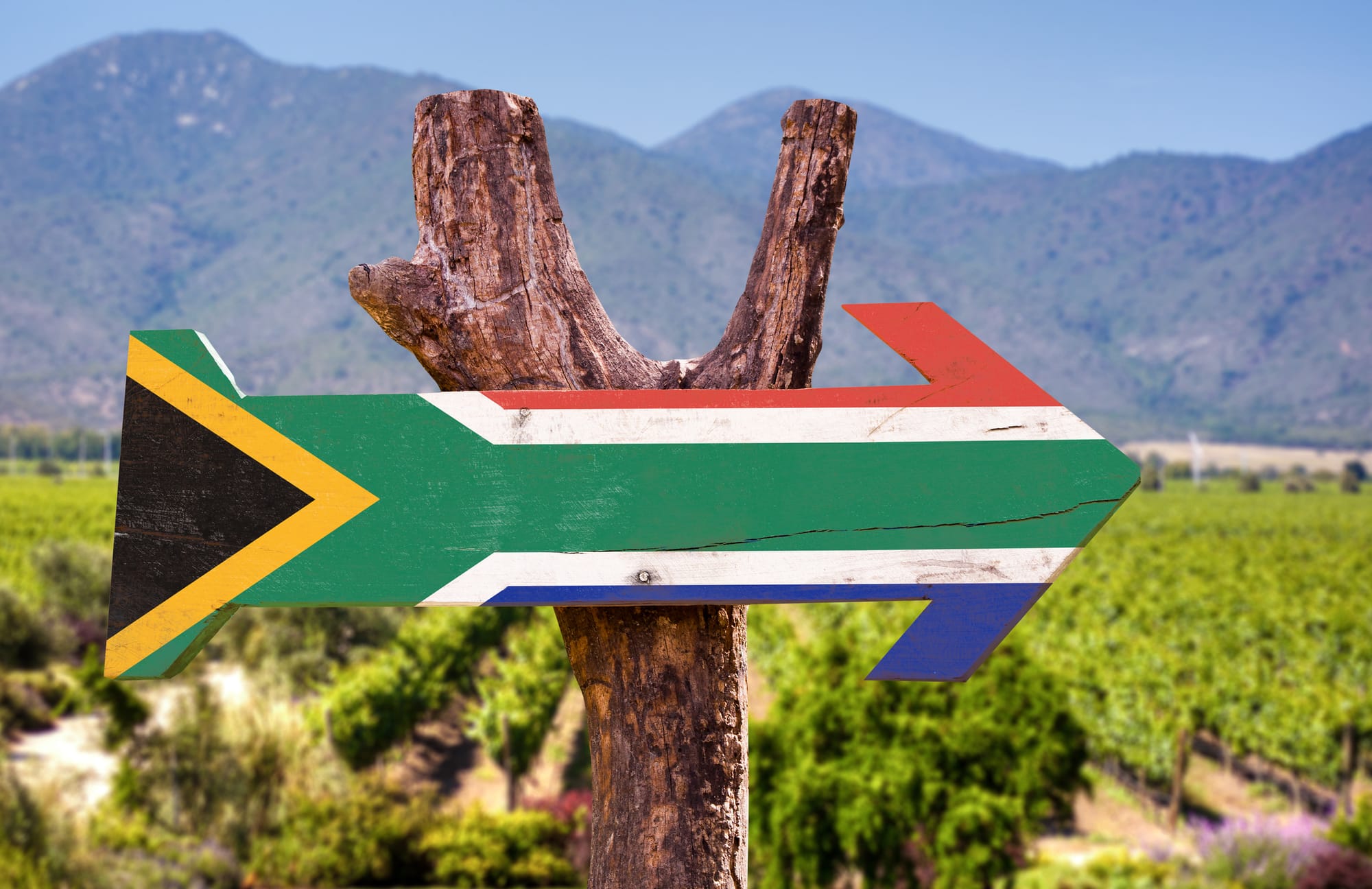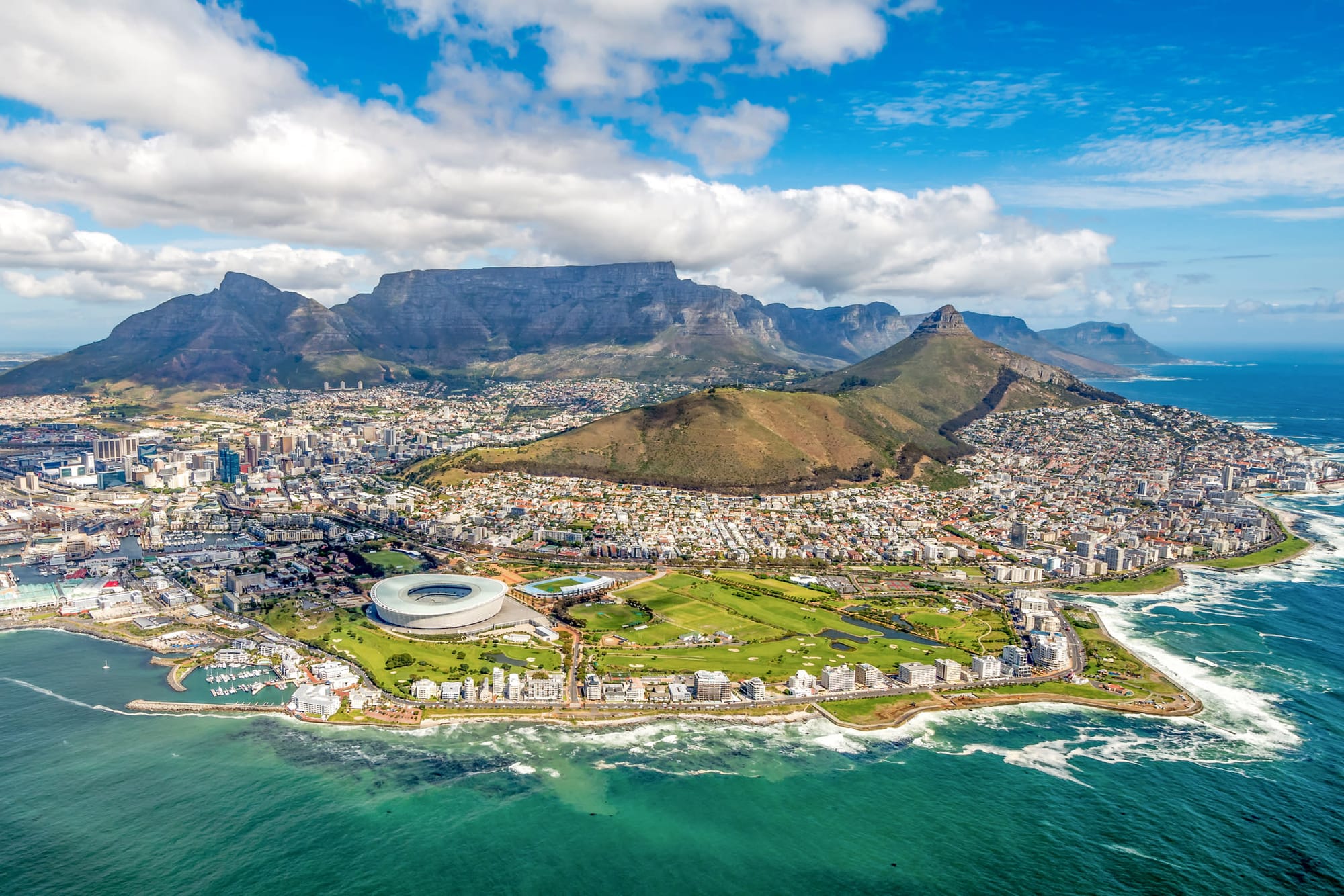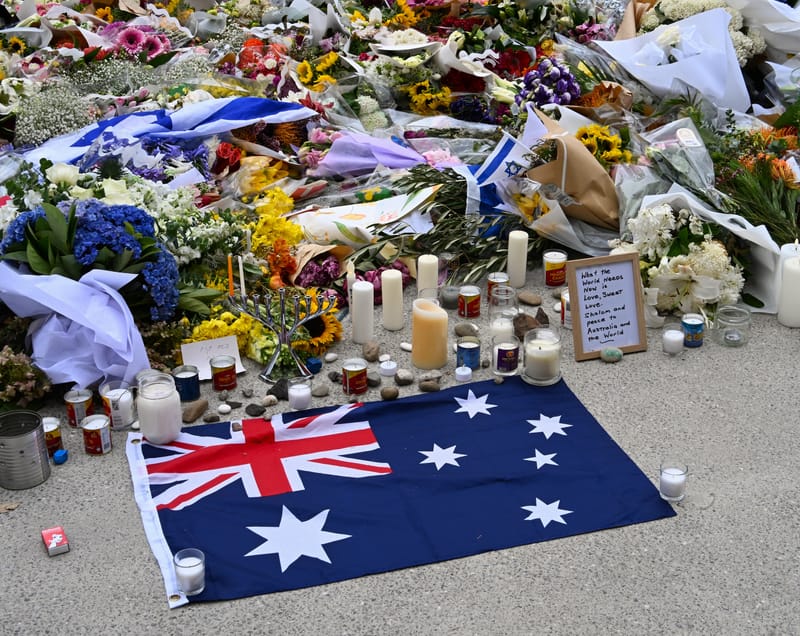
Fast-tracking visas for White South African farmers is a misuse of Australia’s humanitarian program and risks further lowering respect for our refugee system, nationally and internationally.
This has become a topic of discussion after the Minister for Home Affairs, Peter Dutton, announced last week that the government was considering giving visas to white farmers from South Africa on the basis that they were "persecuted".
Mr Dutton noted that Australia has refugee, humanitarian and other visa programs that have the "potential to help some of these people" and that he would fast-track applications. Many people were surprised by the announcement, given that the Minister has overseen policies aimed at deterring many other refugees from obtaining Australia’s protection.
Furthermore, the Refugee Council of Australia has analysed the operation of the Australian humanitarian program and found that there's an increasing trend towards selecting refugees based on community links in Australia rather than on need. The council argues that this undermines the principle that Australia should be taking the most vulnerable refugees. I agree with this statement.
There are currently 22.5 million refugees in the world. Only a tiny proportion of those who need international protection get resettlement – a meagre 1 per cent. If the South African farmers wanted to come to Australia, they could apply for a points-based visa such as a work visa or other migration category. They should not be given a humanitarian or refugee visa.
The government consistently talks about the importance of honouring and recognising the people waiting in the "queue" – those in refugee camps patiently waiting for Australia to grant them resettlement. There is, in fact, no "queue" in refugee camps. However, the fast-tracking of white South African farmers seems contrary to this concept. I would respectfully submit that if the government wants to base its entire refugee protection system on "the queue", then they themselves must also respect it.
Do South African farmers satisfy the test for refugee status?
Minister Dutton’s proposal raises the question of whether South African farmers are indeed refugees under Australian law. Further – and this may be the most important question – should Australia be fast-tracking this cohort of migrants given there are so many other people in need across the world?
Refugee status is a very special protection given to people fleeing their home country. To be a refugee, a person has to show that they face a well-founded fear of persecution for a particular reason, and that they cannot obtain the protection of their own country.

It's a common misconception that refugee status is directed towards helping only those who are economically disadvantaged. It is not. Persecution can happen to wealthy people who have good jobs, and there are many examples from history of where persecution of such people has occurred. Therefore, the fact that a white farmer in South Africa has financial power, and a place of privilege does not prevent them from claiming refugee status as a legal question. However, it's highly unlikely that they satisfy the test.
There are two reasons for this.
Firstly, refugee status requires that there be a link to some "convention ground" such as political opinion, race or ethnicity. It cannot be granted simply because a person is being subjected to violence (this may come under another visa category, but not refugee status). A white farmer in South Africa could claim that they face persecution based on their race, namely Afrikaners, the white minority descended from Dutch settlers in southern Africa.
Indeed, this very claim was lodged by a South African family in Canada in 2016. The Canadian authorities rejected that claim, saying there was no reliable evidence they were attacked due to their race. Rather, the decision-maker found that it was more probable they were attacked for economic reasons — to steal their possessions. A similar position would apply under Australia law. The Migration Act requires that where there is evidence of a "mixed motive" (that the persecution may be caused by general crime and also some racial element), then the racial element must be "an essential and significant reason".
"A white farmer in South Africa has financial power, and a place of privilege does not prevent them from claiming refugee status as a legal question. However, it's highly unlikely that they satisfy the test."
In the context of South Africa, it appears there's a general problem with violent crime, and that the harm to white farmers is not primarily motivated by race. Indeed, the government denies that white people are deliberately targeted and says farm murders are part of South Africa's wider violent crime problem.
The second reason to doubt the claim of refugee status is that even if the farmers were found to face "persecution" in rural areas, they'd be expected to relocate to a safe area such as Cape Town or Johannesburg. Country information from South Africa suggests that they would not face persecution in those places. Further, it's arguable that it's "reasonable" for them to relocate, given that they could find alternative employment in those cities (although this would need to be assessed on an individual basis).
Therefore, South African farmers are unlikely to meet the test of refugee status under Australian law.
The sticking point
However, there's a sticking point: the above analysis is based on Australian refugee law, which is applied to people seeking asylum in Australia. Limitations on refugee protection have been put into the Migration Act over successive years to make it more difficult for people to get refugee protection. This difficult test is the one that people from Iraq and Afghanistan fleeing sustained and serious persecution must comply with.
However, it appears from Minister Dutton’s announcement that the farmers may be settled in Australia under the humanitarian program, which takes people directly from their country of origin. One of those special visas is the "In-country Special Humanitarian visa", which is for those living in a country where they're subject to persecution. It also requires that the person hasn't been able to leave that country to seek refuge elsewhere.
If the Department of Home Affairs uses this visa to fast-track the farmers, it would apply a much broader concept of "persecution" than I've used above. This is because it's a highly discretionary decision and isn't limited by the requirements of the Migration Act.
I would argue that South African farmers would not satisfy the special humanitarian visa requirements, because they could relocate elsewhere within South Africa and could also seek refuge in other countries. However, the way in which the department assesses these special visas is extremely subjective – the whole decision-making system lacks transparency, is not reviewable and is based on factors other than the need for protection. Therefore it may be that the department approves the visas. If it does, there's little that can be done to change that decision, as special visa assessments such as these can't be reviewed by courts.
For these reasons, the proposal to fast-track this cohort of people is both legally and morally undesirable.





